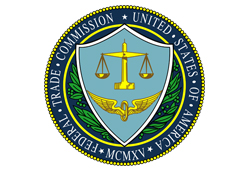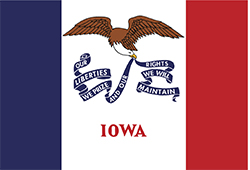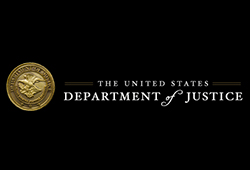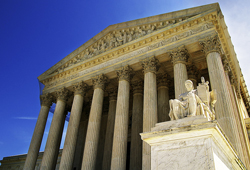On January 11, 2017, the Federal Trade Commission (FTC) announced that it had agreed to two stipulated orders (available here and here) with individuals who participated in an alleged fraudulent mortgage relief scheme. According to the FTC, the individuals promised consumers “at least $75,000” or complete relief on their mortgages through a “mass joinder lawsuit.” The…









